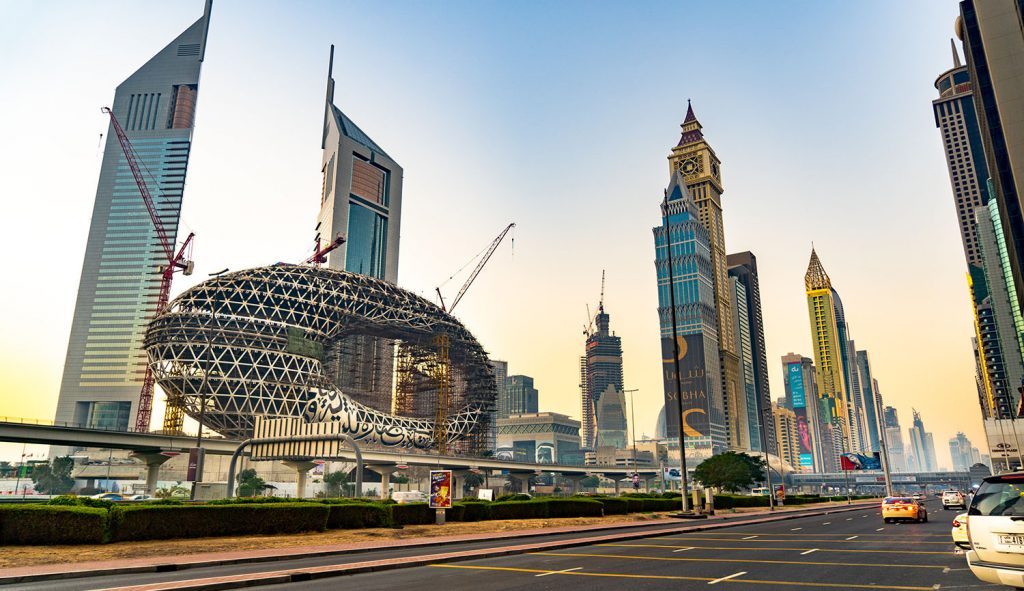Off-plan property refers to real estate that has not yet been constructed. Buying off-plan real estate is buying property before it is finished, usually in the early phases of development or even during the project period. In this post, we will look at the benefits and drawbacks of investing in off-plan real estate.
According to official figures, 3219 off-plan real estate sales totaling $1.9 billion and 3781 secondary and finished property deals totaling $3 billion were completed in Dubai in November 2021. Thus, 46 percent of the 7000 sales belonged to the off-plan sector.
There are various advantages to investing in off-plan real estate:
Profitability is high. Pre-launch and off-plan real estate is less expensive than finished property. You may earn great income with a small initial investment if you resale off-plan real estate on the secondary market once it is completed.
- Rapid return on investment Real estate that has not yet been built can be resold.
- Security. According to local regulations, the investor maintains funds in trust accounts set up particularly for the project. The developer submits estimates to the
- Dubai Land Department for each step of development and receives funds for the following level only once the preceding one is finished. If the developer is unable
- to complete the work, the state issues a tender and transfers the funds to another business to finish the development.
- Interest-free payments with a flexible payment schedule. The initial payment ranges from 5% to 40% of the total house cost.
- Remote transactions are possible. To make payments in the UAE, you do not need to have a bank account.
Risks of Purchasing Real Estate in Dubai
Risks in Dubai’s off-plan industry have been reduced as a result of sustained economic development and government measures. They do, nevertheless, exist:
- Real estate cannot be resold before a specified proportion of the entire purchase price is paid. This proportion is included in a sale and purchase agreement (SPA).
- It is usually between 30 and 40%.
- Non-resident mortgage limitations A property with a post-handover payment schedule might be an alternate possibility.
- Market swings caused by external or internal factors
The Dubai real estate market is expanding as a result of the following good factors:
- Foreign buyer interest has increased as a result of EXPO 2020;
- Relaxation of restrictions for residence visas for investors, corporations, and other types of applicants;
- COVID-19 has been effectively contained in the UAE.
- Detailed plans for the emirate’s building and improvement till 2040 (Urban Master Plan 2040).
- Dubai is quickly becoming one of the most appealing destinations to live and do business. According to Ian Goldin, Professor of Globalization and Development at
- Oxford University, a rising number of individuals would relocate to Dubai, favorably impacting the real estate industry. “We are witnessing a return to pre-
- pandemic levels in the market, and that increase will continue,” he adds.
The average price of real estate in Dubai in October 2021 was $2,863 per m2. This is 19.94% higher than in October 2020 and 0.955% higher than in September 2021.
According to early estimates from the Dubai Land Department, there were roughly 28,000 transactions in the fourth quarter of 2021, which is 81 percent greater than in the fourth quarter of 2020.
Pre-launch real estate buy
- An formal launch is the beginning of sales. The pre-launch stage of the project includes the option to reserve a property. In this situation, there is no building pit in the region, and developers merely show potential purchasers 3D models.
- In such circumstances, a deposit and an expression of interest paperwork are required (EOI). Some developers refer to this as pre-registration.
- When sales officially commence, the investor enters a normal primary market buy and sell agreement (SPA).







